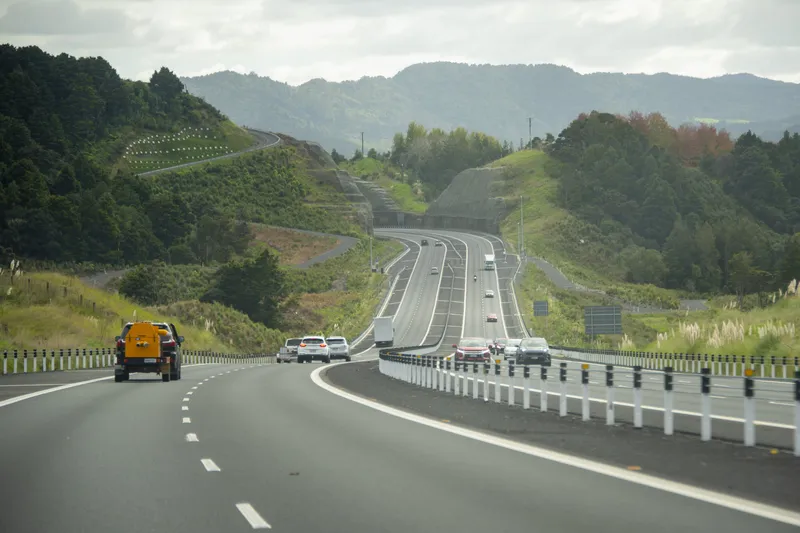As many as nineteen state-owned enterprises have agreed to join forces to construct a toll road that will connect Java’s two biggest cities, with a major section of the highway expected to be built offshore.
The Jakarta-Surabaya toll road is slated to span 775 kilometres, and will cost around US$13 billion, according to M. Choliq, the president director of construction firm Waskita Karya, one of the companies participating in the project.
October 4, 2013
Read time: 2 mins
As many as nineteen state-owned enterprises have agreed to join forces to construct a toll road that will connect Java’s two biggest cities, with a major section of the highway expected to be built offshore.
The Jakarta-Surabaya toll road is slated to span 775 kilometres, and will cost around US$13 billion, according to M. Choliq, the president director of construction firm Waskita Karya, one of the companies participating in the project.
State Enterprise Minister Dahlan Iskan said the feasibility study would take between three and six months, after which a proposal for the project was expected to be submitted to the government for approval. Dahlan added that like Bali’s new highway, a major section of the Jakarta-Surabaya toll road would be built offshore.
The head of the Jakarta-Surabaya toll road consortium, Adityawarman, said that the highway was urgently needed because Java’s northern coastal highway (Pantura) is becoming increasingly more congested as more and more vehicles hit the road.
“Now it takes three days for a truck to travel between Jakarta and Semarang. With the toll road it would take only a day,” said Adityawarman, who is also the president director of state-run toll operator Jasa Marga. “The toll road also would shorten the trip between Jakarta and Surabaya from up to a week to two days.”
The Jakarta-Surabaya toll road is slated to span 775 kilometres, and will cost around US$13 billion, according to M. Choliq, the president director of construction firm Waskita Karya, one of the companies participating in the project.
State Enterprise Minister Dahlan Iskan said the feasibility study would take between three and six months, after which a proposal for the project was expected to be submitted to the government for approval. Dahlan added that like Bali’s new highway, a major section of the Jakarta-Surabaya toll road would be built offshore.
The head of the Jakarta-Surabaya toll road consortium, Adityawarman, said that the highway was urgently needed because Java’s northern coastal highway (Pantura) is becoming increasingly more congested as more and more vehicles hit the road.
“Now it takes three days for a truck to travel between Jakarta and Semarang. With the toll road it would take only a day,” said Adityawarman, who is also the president director of state-run toll operator Jasa Marga. “The toll road also would shorten the trip between Jakarta and Surabaya from up to a week to two days.”








